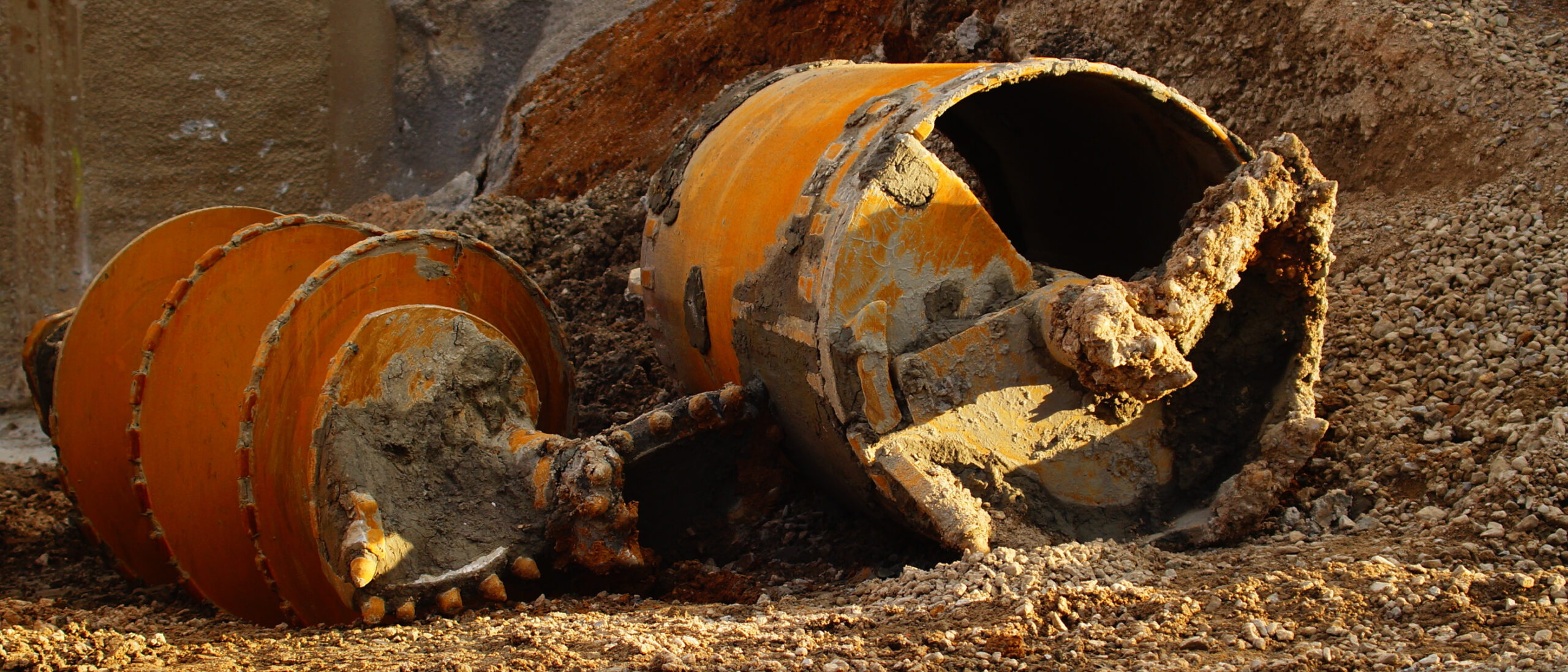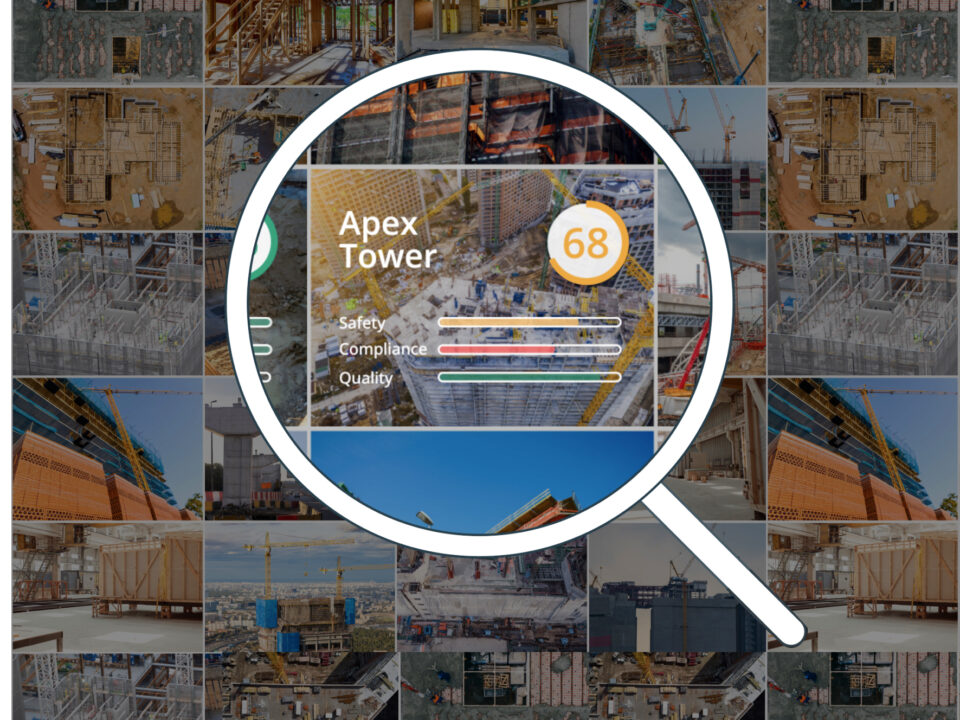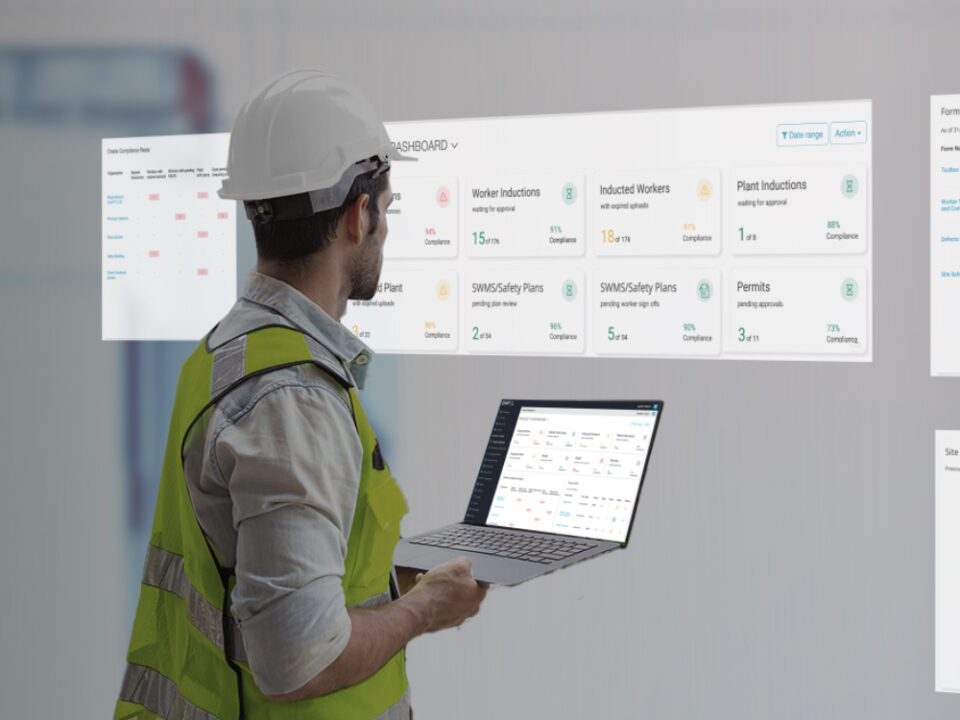Ebony Middleton | Published on 19 February 2025

The speed at which technology evolves can leave even the most tech-savvy teams feeling whiplashed. With AI-driven advancements, third-party integrations, and promises of saving time and money, it’s easy to be lured into adding more tools to your tech stack. But there’s a catch—more systems often means more complications.
Unreliable and fragmented platforms can hold your business back. They make it difficult to extract insights, effectively manage operations, and may ultimately cost more than the ROI they deliver. In short, they slow you down, just like the rusty tools you would have replaced long ago.
Here are five signs that your tech is now more of a burden than a benefit:
1. You’re Juggling Too Many Point Solutions
If your software stack is a mix of different apps or software, you’re likely losing valuable project data, reducing productivity and frustrating your subbies. Constant switching between systems interrupts workflows, reduces transparency, and makes tasks more time-consuming than necessary.
Instead of forcing disconnected software to work together, a unified platform brings everything under one roof—so your team is working in the same platform and collaborating on the same project data with only one system to learn and use.
2. Your Data is Siloed and Outdated
When systems don’t integrate properly, data becomes fragmented, unreliable, and difficult to track. By the time you extract your data and pull together a report, the numbers are already outdated, increasing the chance of errors and delayed decision making.
Without accurate, real-time data, you’re making blind decisions and increasing project risk. The right software will keep your entire team on the same page with live data insights, so you’re always working with the latest info.
3. You’re Relying on Manual Workarounds
If your team frequently resorts to spreadsheets, emails, and handwritten notes to manage operations, your software isn’t pulling its weight. These extra steps create miscommunication, bottlenecks, and wasted hours that add up fast.
The right system doesn’t force you to work around its limitations—it eliminates them entirely, so every process runs smoothly with everyone aligned and without extra steps.
4. Your Software Can’t Scale with Your Business
As your business expands, your software should grow with it. If it’s not automating workflows, empowering you to leverage your data to make faster decisions or optimise resource allocation, it’s holding you back.
Your software should empower your operations, ensuring that every project, no matter the scale or scope, runs efficiently without additional complexity.
5. Security is an Afterthought, Not a Priority
With cyber threats constantly evolving, outdated construction systems put sensitive project data at risk. Modern security features such as Multi-Factor Authentication (MFA), role-based access, and Single Sign On (SSO) are essential for protecting critical information.
A single breach could cost more than just data—it could jeopardise contracts, compliance, and your reputation.
Simpel: A Tool That Works as Hard as You Do
In an industry that demands efficiency, you can’t afford to rely on outdated tools. Whether it’s worn-out equipment or inefficient software, the result is the same—delays, frustration, and wasted effort. Investing in the right technology ensures your business stays sharp, efficient, and competitive.
Rust doesn’t just sit on the surface—it corrodes, weakening everything over time. Outdated software works the same way, gradually eroding efficiency and reliability. The next step is clear: invest in modern technology that keeps your business competitive.
Reach out today to see how Simpel is replacing rusty tools.
Sign up to Simpel's Newsletter
A quick read with our latest news, blogs, recent software releases, and big company updates











